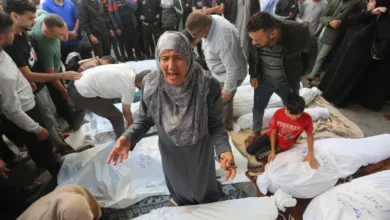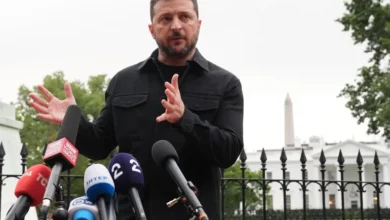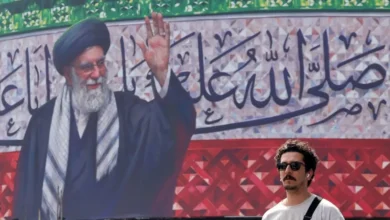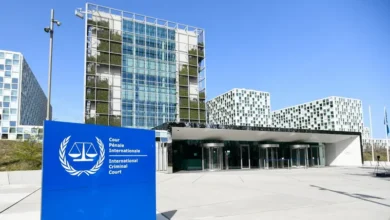‘Conspiracy trial’ restarts: What’s Tunisia’s history with death penalty?
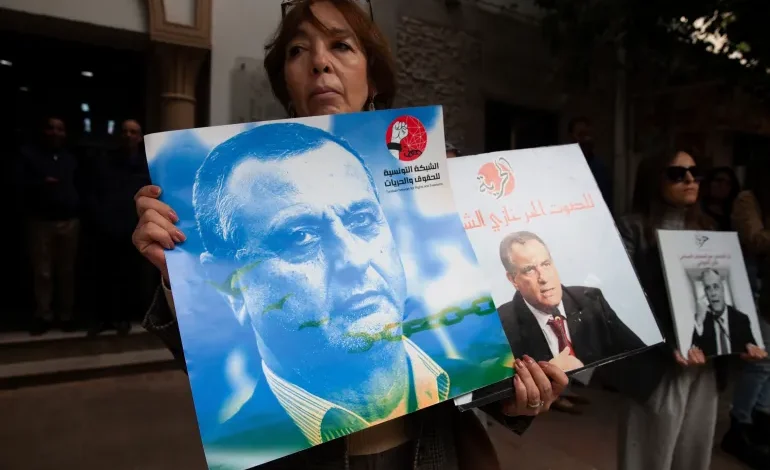
A mass trial is set to resume in Tunisia of more than 40 people accused of various conspiracies against the Tunisian state and its president, Kais Saied.
The trial, originally scheduled to begin on March 4, was postponed to April 11, then delayed again for a week.Among the defendants are some of the country’s most senior opposition politicians, diplomats and media personalities who say the charges, including liaising with “foreign powers” to undermine Saied’s rule, are trumped up and a symbol of Tunisia’s democratic backsliding.
Nearly all the defendants face either lengthy jail sentences or the death penalty.
Executions have been effectively suspended in Tunisia since 1991, despite judges handing down the sentence.
Would some of the defendants be sentenced to death in this case? And would such a sentence be implemented?
Let’s take a closer look.
Does the death penalty still exist as a punishment in Tunisia?
The death penalty remains a legal sentence available to judges, but it hasn’t been carried out since 1991, establishing a de facto moratorium.The 2014 constitution does make specific allowances for legal executions, but Tunisia has consistently supported United Nations efforts to establish a global moratorium on the use of the death penalty since 2012.
However, it has not abolished the death penalty.
Have people been sentenced to death in Tunisia?
While the last person to be executed in Tunisia was the “Butcher of Nabeul”, serial killer Naceur Damergi, who was hanged in 1991, the penalty continues to feature in legislation and in sentences.
As recently as February of this year, eight individuals were sentenced to death for the 2013 murder of opposition politician, Mohammed Brahmi, while, in March 2024, four were given death sentences for the killing the same year of another politician, Chokri Belaid.
In 2022, 16 people accused of being members of ISIL (ISIS) were sentenced to death over their part in the 2016 attack on the southern desert city of Ben Guerdane, which killed seven civilians and 13 members of the security forces.
Similarly, in January 2020, a Tunisian court sentenced eight individuals to death for their involvement in the 2015 suicide bombing of a presidential guard bus in Tunis, which killed 12 presidential guards and injured 20.


